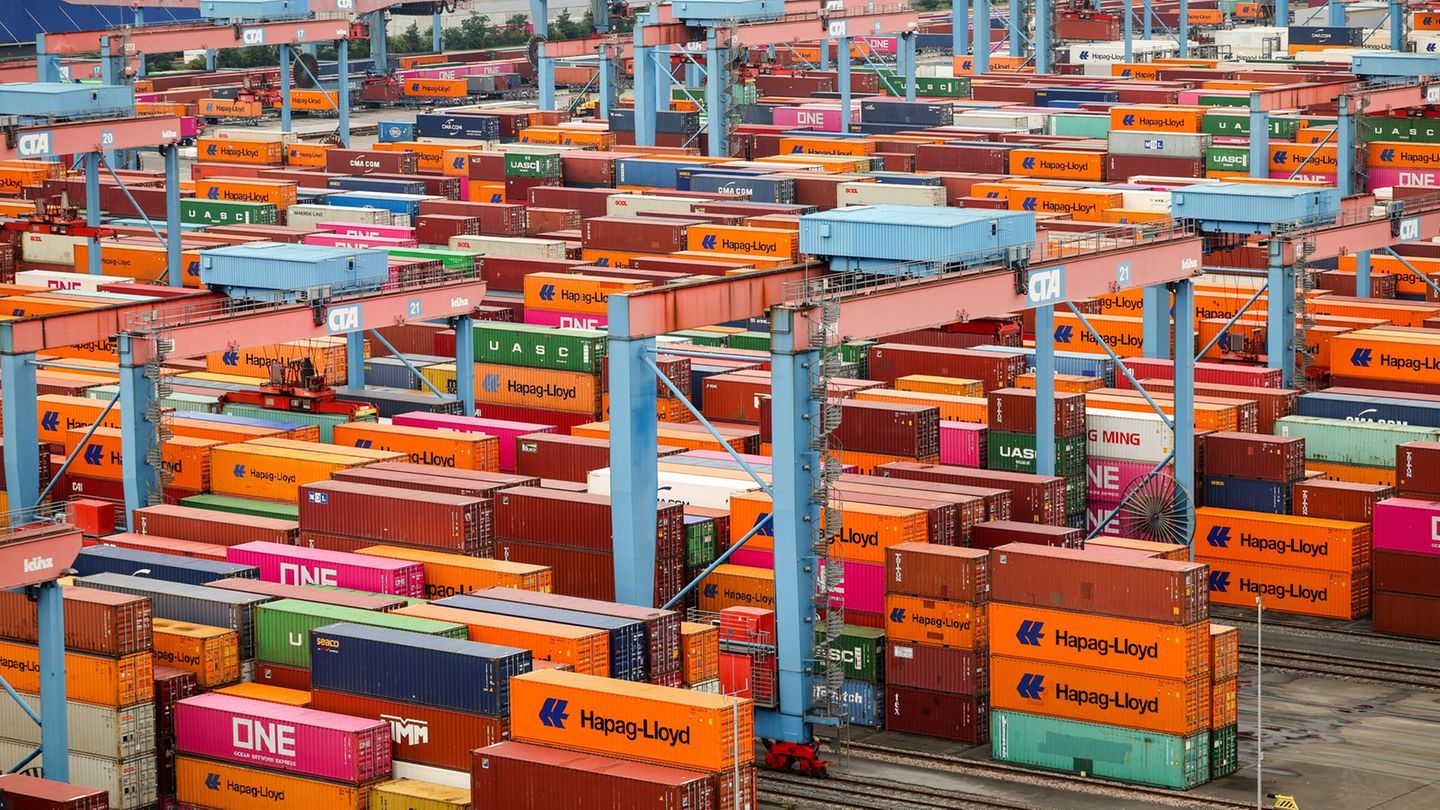“Because on the basis of the applicable price law, the Minister of Economics could not only intervene to regulate fuel prices, no, she would even be obliged to do so due to the legal situation,” said SPÖ energy spokesman Alois Schroll to APA.
He calculates in this regard: “In the current case we are talking about a price deviation compared to the oil price of several 100 percent – and not of five or 10 percent. If that is not a case for the price law, what then?”
Schroll quotes from the Price Act: “If there is reason to assume that the price charged by one or more companies or a price increase that has been made exceeds the international price development to an unusual extent in the case of crude oil and its derivatives, the Federal Minister has to examine ex officio for economic matters whether the price asked or the price increase made is due to an unjustified pricing policy of one or more companies.
And it goes on in §5a.: “If an investigation according to paragraph 1 shows that the price or the price increase is due to an unjustified pricing policy and this has economically disadvantageous effects, the Federal Minister for Economic Affairs has a determine the maximum price.”
Support for Schroll came on Wednesday from the SPÖ-led state of Carinthia. The state asked the federal government to examine a price limit for fuel. It is up to the Ministry of Economic Affairs to examine the price policy of the mineral oil companies, according to consumer protection officer Gabriele Schaunig and energy officer Sara Schaar (both SPÖ) in a broadcast. “The current price development at the pumps makes such an investigation absolutely necessary.” According to regional media reports, fuel tourism from Carinthia to the southern neighbor Slovenia has recently increased significantly. There, fuel prices were frozen for 30 days. Normal petrol may not cost more than 1.50 euros, diesel 1.541 euros.
At the end of last week, the ÖAMTC raised the question of why fuel prices are currently rising much faster than oil prices. “Consumers deserve transparency and an answer to this question,” said the club, which sees a challenge for the mineral oil industry.
In any case, a reduction in value-added tax just on fuel, which has been demanded by several interest groups, does not work under European law, stressed Minister of Raw Materials Elisabeth Köstinger (ÖVP) last week. Irrespective of this, economic researchers had also rejected such an intervention.
Source: Nachrichten




